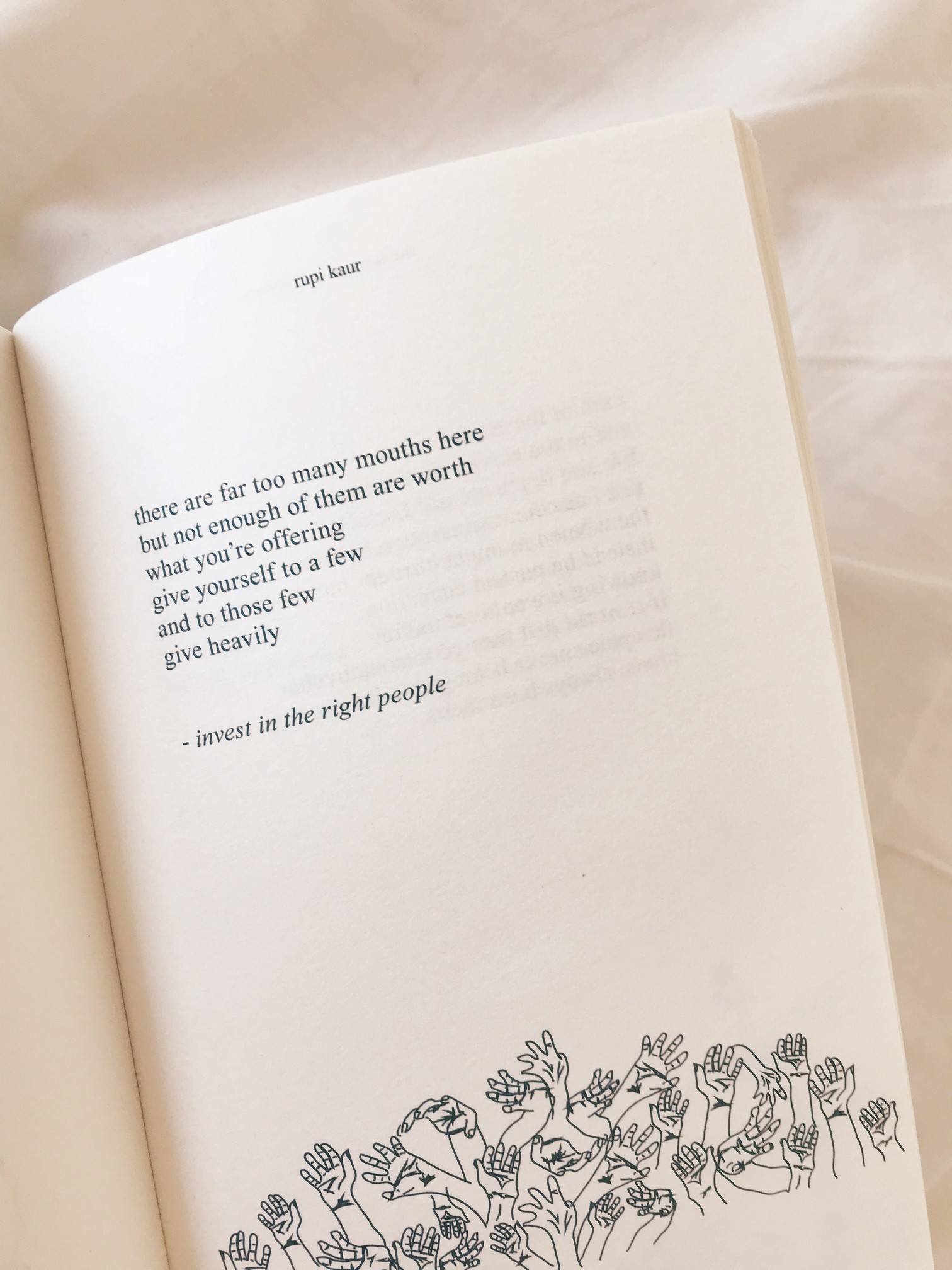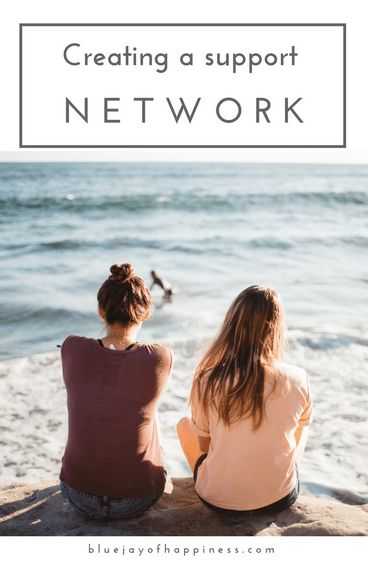“Reminder… you were never, ever expected to do this alone”. I saw my friend Zoe post this in her Facebook group recently and it really got me thinking. As humans we are naturally social creatures, craving tribes, wanting to be around others.
And yet, so many of us suffer in silence because we think we’re supposed to get through the tougher things on our own.
I know during my darker mental health days especially, I felt incredibly lonely. I remember drawing clusters of dots, giving them the names of my friends at school. I drew myself as a huge dot, alone, in the middle.
I had declared myself a floater. I didn’t fit (or at least I didn’t feel like I fit) with anyone’s group. Ironically, my closest friends now are those people I went to school with and, looking back, I had lots of friends. It’s funny what mental illness can lead you to believe.
These days, I look around and see my support network clearly.

I have people I know will be there for me, from my closest family to friends who live in other countries. I even have an online network - friends I chat to on Instagram and through my blog that make me feel connected, every damn day. And of course, I’m very lucky that I have Dan.
When it comes to mental health though, creating a support network isn’t just about friends, partners and family. It’s knowing who to turn to when you need professional support.
Whether you’re going through a bad patch of mental health, or are navigating an ongoing condition, having a support network is key. Here are a few things I’ve learnt can help when it comes to creating your own network:
Be open and honest
Of course, I know this is sometimes easier said than done. But just imagine if more of us were open and honest about the way we were really feeling. Imagine if instead of replying ‘I’m fine’ we actually said, ‘You know what, I’m struggling a bit at the moment’ and had a conversation about it.
Since I started being more upfront and honest about my mental health, I’ve had so many more meaningful conversations. Not only does it allow me to be real and not pretend when I’m not OK (because that shit is exhausting) it gives the person I’m talking to the chance to be honest too, and that’s when the real connections happen.
Find like-minded people
If you don’t feel comfortable doing this with your friends or family, try and seek out people you can talk to about these things. I’ve found Instagram and Facebook groups in particular fantastic for this.
Try being a little more honest about how you’re feeling in your Instagram captions or on stories and see how it feels. You’ll start to attract people who are also open to these conversations and I bet you’ll be surprised at how many people come to support you.
Reach out for peer support
If you’re struggling with a specific mental health problem, such as anxiety, it can be helpful to seek out support from others who live with the condition. There are lots of support groups online if you do a little digging, or you may find when you talk about it on social media, other people who have similar struggles will pop up.
Everyone’s experience of mental health will be different, but finding someone else who knows exactly what that flash of dissociation feels like, or knows the intense terror of a panic attack… can be incredibly comforting. Share tips and support each other when possible, while of course maintaining boundaries.
Make a list of professional resources
Like I mentioned earlier, supportive friends, family and online tribes are fantastic, but sometimes they alone are not enough. I would recommend making a list of professional resources that you can keep on hand, just in case.
For me this is as simple as having my doctor’s phone number in my phone, and the number of the CBT therapists I went to see last year. I know that I can reach back out to them if I feel things slipping again.
For you it may be a member of your mental health team, a support number like the Samaritans or simply knowing where to look if you decide to try counselling.
I love alone time, I really do. But I also recognise how important my network is. From Dan, my rock, to my family, work colleagues, IRL friends, online friends and those professionals on the end of a phone call.
I need all of them to thrive, and I wouldn’t have it any way.
– Instagram – Twitter – Facebook – Pinterest –
Save for later:


I totally agree Kat! Being honest about how we feel is so important, and it’s so vital to have a support network behind us, no-one has to do it alone for sure xx
https://www.natalieleanne.com
Oh gosh, being around like-minded people has been a game changer for me. It’s been 6 weeks now since I’ve been routinely meeting with a group of 5 each week, and being able to discuss challenges and roadblocks with a new set of eyes really helps.
Even if they tell you something you’ve already known, hearing it from others and in different ways and in a setting where we are all coming in with open minds/thinking caps really helps.
It makes such a difference doesn’t it? So glad to hear you’ve found your people.
Absolutely! You can compare the idea of being a part of a mastermind group on the same mission as each other to how geese fly together up to 70% farther in their organized v-formation flight pattern.
They’ll honk at each other, stop to support fallen friends, and constantly switch up leadership so that each can be individually stronger providing lift for the entire group.